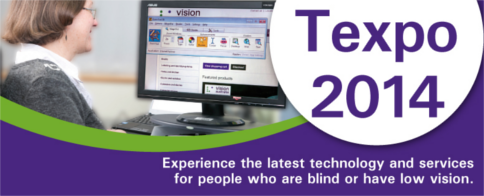Despite an often slow and mixed development history, the choice and availability of assistive technology to help people with disabilities access PCs and other computing devices has never been greater.
That’s the message delivered today to attendees of the VisAbility Technology Outlook conference in Perth, Western Australia by Media Access Australia’s resident accessibility expert, Dr Scott Hollier.
Dr Hollier said that assistive technology had had a long history with hardware-based text-to-speech technology being showcased in 1981, and SAM (Software Automatic Mouth) being released in 1982 for early personal computers from Atari, Apple and the Commodore 64.
Digital media and technology:




